…is essential to achieving LGBTI inclusive practice.
GRAI is Western Australia’s specialist agency in LGBTI ageing and aged care, and offers unique expertise and highly skilled trainers to deliver the following programs.


This report presents the findings of attitudes towards LGBTI people in WA’s residential aged care.
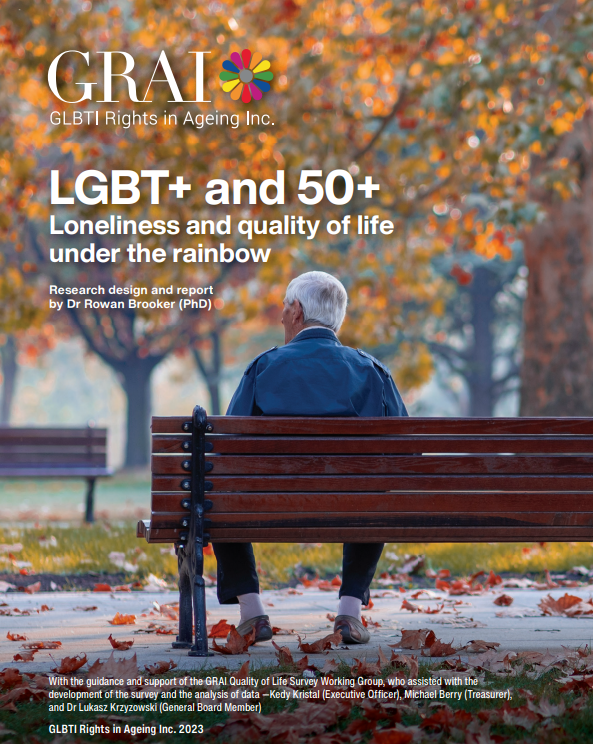
Research on the views and issues of LGBTI people in WA 50+ years

Report on the challenges and experiences of LGBT women carers in Western Australia.
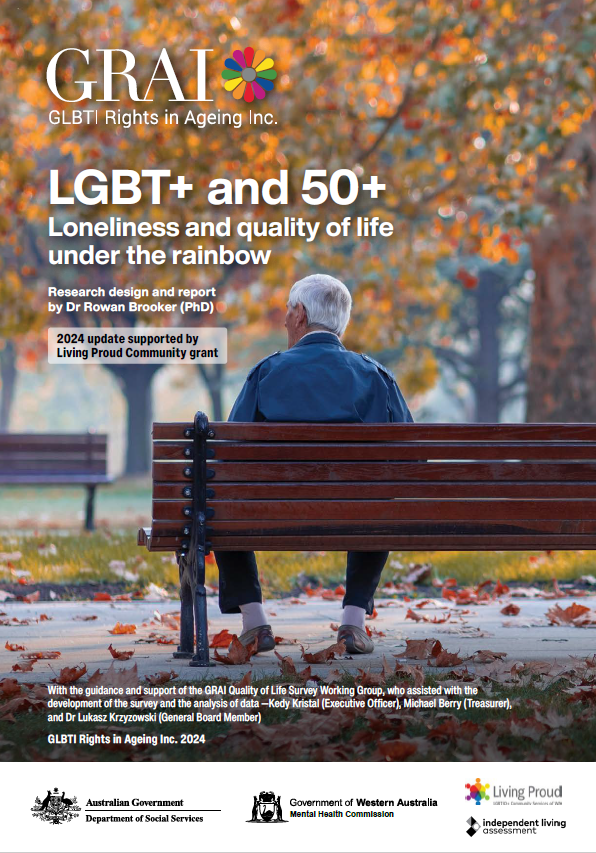
Research on the views and issues of LGBTI people in WA 50+ years
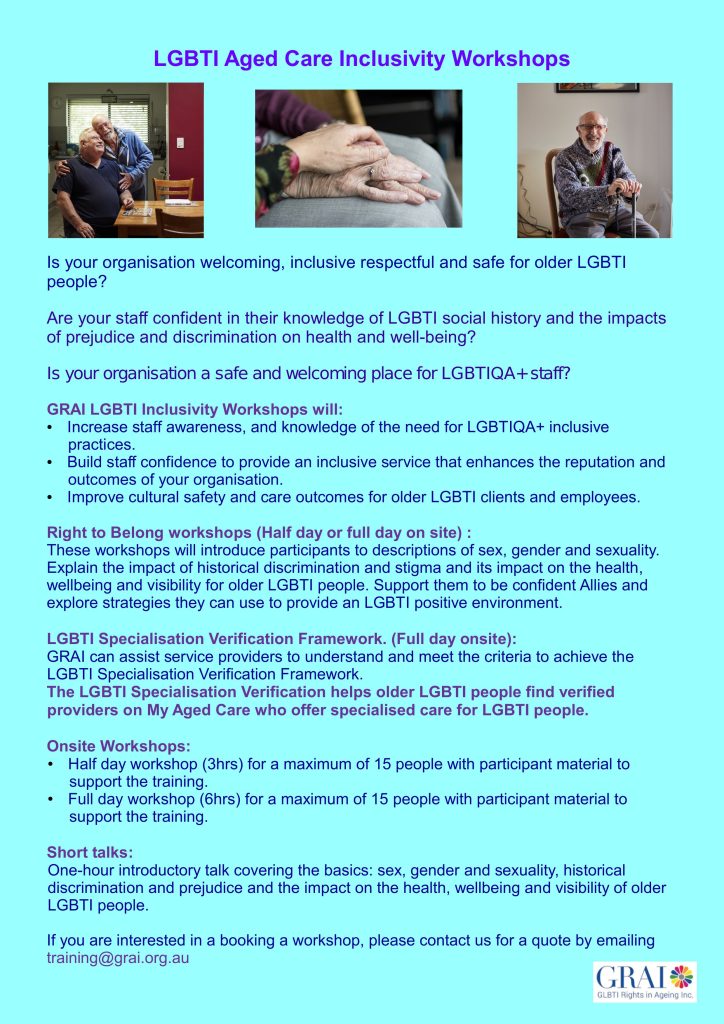
Since 2014, GRAI has delivered our ‘Right to Belong’ LGBTI inclusivity training to the aged care sector, as part of the federally funded National LGBTI Ageing and Aged Care Training Project.
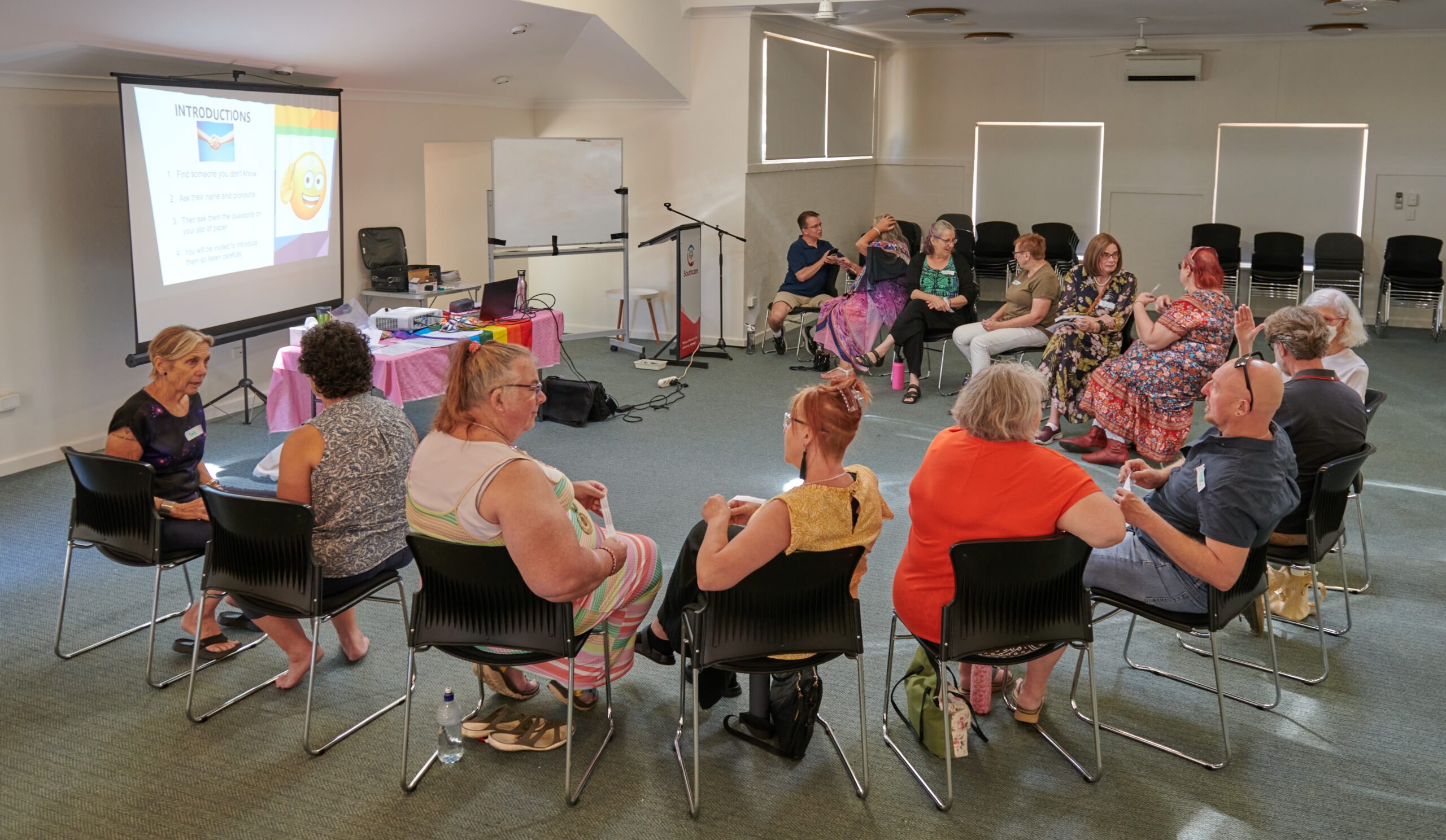
We also offer a 2 part Community of Practice course to support organisations to link the Aged Care standards with a Rainbow Readiness framework and assess their organisations LGBTI inclusiveness in policy and practice.
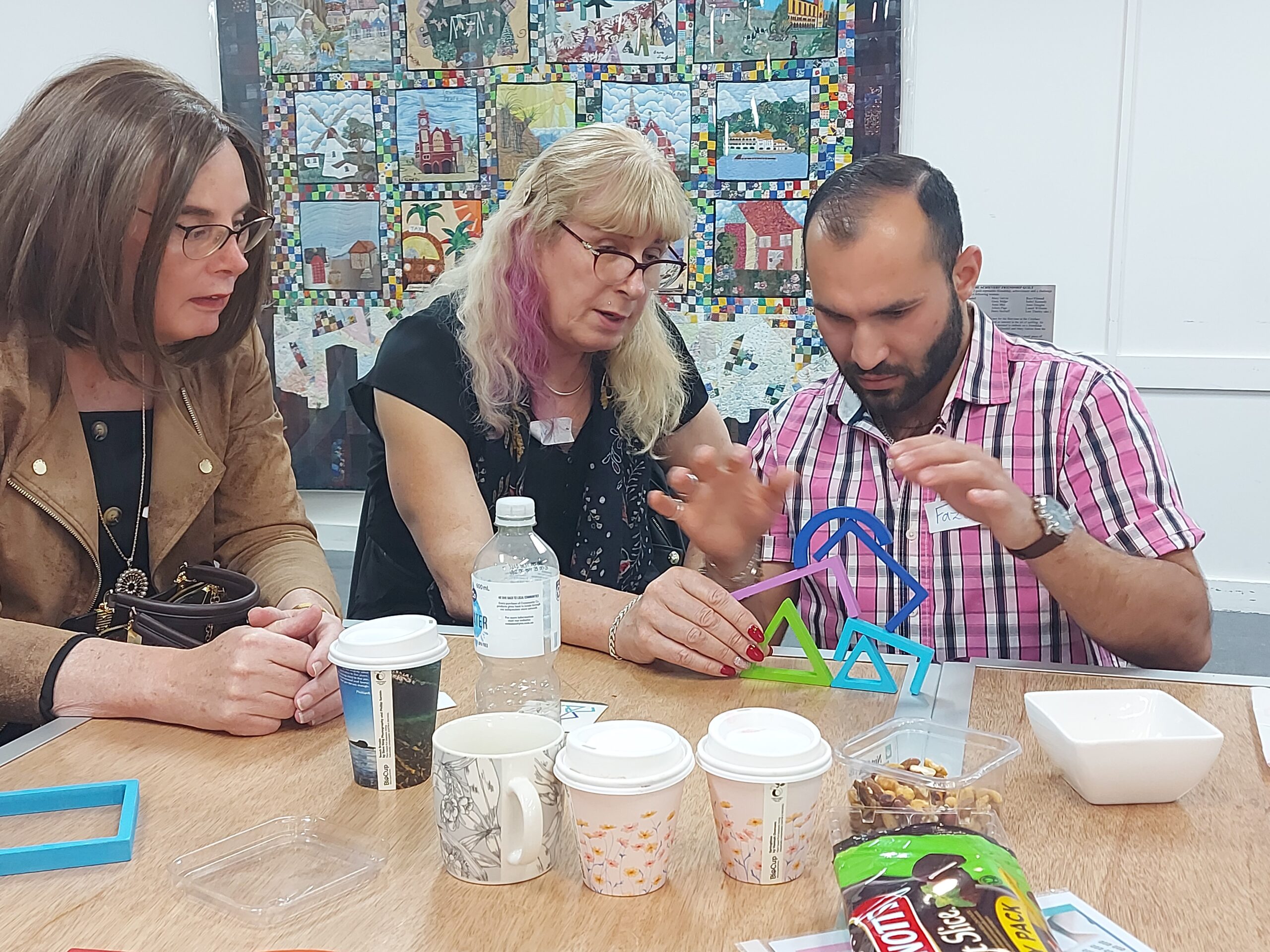
Providing services to LGBTI people 50+ years
GRAI strongly recommends that reforms to the Guardianship and Administration Act incorporate safeguards that explicitly acknowledge the importance of sexual orientation and gender identity. These reforms should expand the definition of ‘family’ beyond just biological family to include ‘chosen family’ and ensure guardianship orders are considered only when less restrictive alternatives are unavailable. This may include community and/or family support, incorporating supported decision-making.